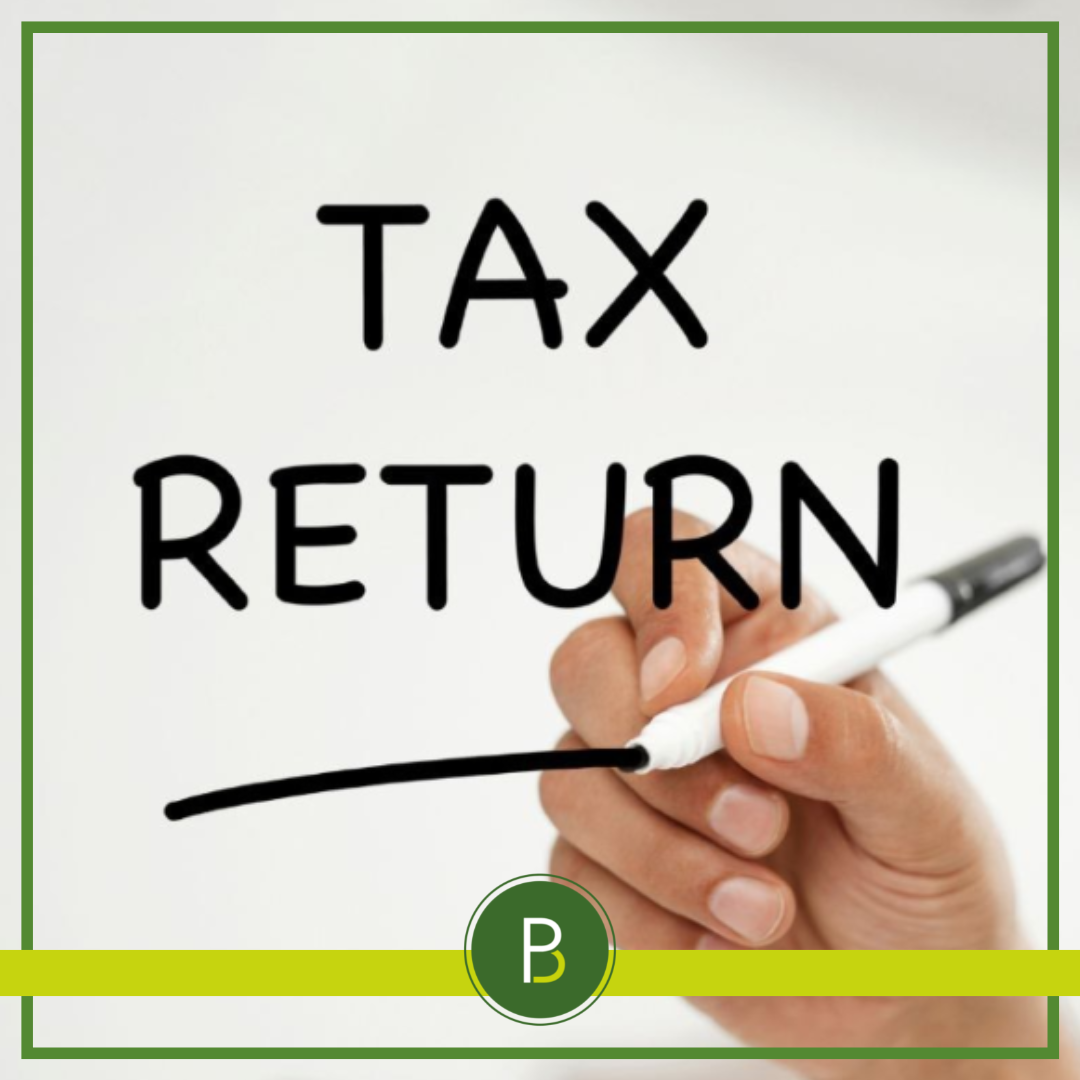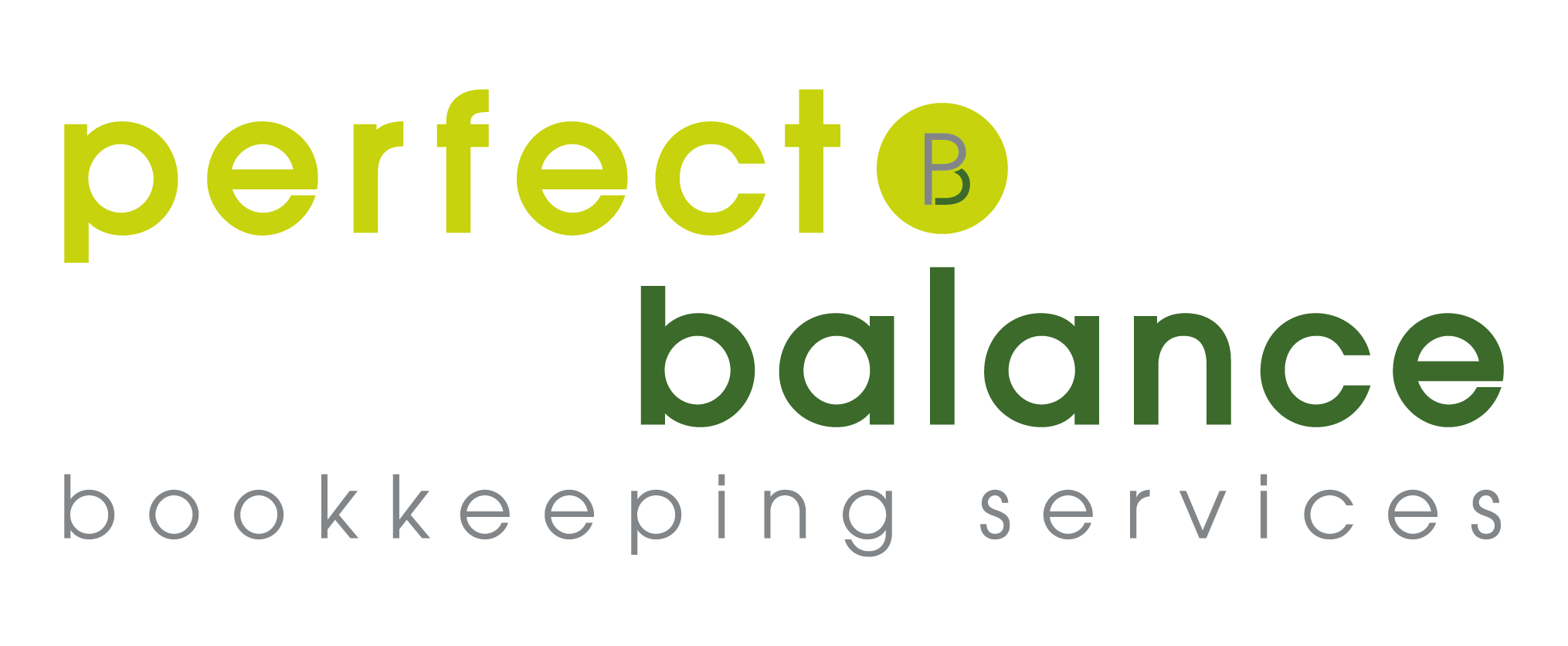Tax Return Information and Tips
Time flies, doesn’t it?
I know it’s a cliché, but it really is true. This time of year, seems to arrive before we know it, and suddenly, your to-do list feels endless. Amid all the chaos, don’t forget about one crucial task: your Self-Assessment!
Whether you’ve already completed it, have it in hand, or haven’t had a moment to think about it, we understand the challenges you face. That’s where we come in. At Perfect Balance, we’re here to take the stress out of tax season.
Let us handle your tax return submission so you can focus on what truly matters. Leave the paperwork to us, and you can rest easy knowing everything is taken care of.
Self-Assessment Tax Returns are due by the 31st of January.
Submitting your tax return early, not only helps you avoid penalties but also gives you ample time to prepare for any payments due. Plus, you’ll receive any potential refunds much sooner. 😊
Self-assessment is how HM Revenue and Customs (HMRC) collects Income Tax, which is usually deducted automatically from wages and pensions.

Self-assessment is a system the HM Revenue and Customs (HMRC) uses to collect Income Tax. Tax is usually deducted automatically from wages and pensions.
- Self employed as a sole trader and earned more than £1000 (before taking off anything you can claim tax relief on)
- A partner in a business partnership
You will not normally have to send a return if your income is from wages or pension, but you may need to send one if you have any other untaxed income such as:
- Income from Property Rental
- Tips and commission
- Income from savings, investments and dividends
- Foreign income
If you are unsure if you need to send a tax return please click on the link below to check.
Other reasons for sending a return:
- To claim some Income Tax reliefs or prove you are self-employed to enable you to claim Tax-free Childcare or Maternity Allowance.
Guidance on allowable expenses
Here’s a list of forms and documents you may need to gather to assist with the completion of your tax return:
- Your forms P60 ‘End of Year Certificate’, P11D ‘Expenses or benefits’ or P45 ‘Details of employee leaving work’, payslips or your P2 ‘PAYE Coding Notice’.
- If you work for yourself, your profit or loss account or your business records.
- Your bank statements, building society passbooks, dividend counterfoils or investment brokers’ schedules.
- Personal pension contributions certificates.
Common allowable expenses:
- Postage
- Stationery
- Phone bills
- Travel costs
- Staff costs
- Materials/Stock
- Insurance
- Legal fees
- Bank charges
- Business premises costs (light, heating, rates etc)
- Advertising and marketing
- Training courses and materials
- Uniform and protective clothing needed for work
💡 Example
If your mobile phone bills for the year total £200. Of this, you spend £130 on personal calls and £70 on business. You can claim for £70 of business expenses. You can also work it out as a percentage (eg. 35% of the mobile usage is for business).
Uniform, work clothing and tools
You can either claim:
- The actual amount you’ve spent – you’ll need to keep receipts.
- An agreed fixed amount (a ‘flat rate expense’ or ‘flat rate deduction’).
Check if your job has an agreed flat rate expense by following this link.
Car, van and travel expenses
You may be able to claim allowable business expenses for:
- Vehicle insurance
- Repairs and servicing
- Fuel or mileage
- Parking
- Hire charges
- Vehicle license fees
- Breakdown cover
- Train, bus, air and taxi fares
- Hotel rooms
- Meals on overnight business trips
You cannot claim for:
- Non-business driving or travel costs
- Fines
- Travel between home and work
Other allowable expenses you may not have thought of – home costs:
- Heating
- Electricity
- Council Tax
- Mortgage interest or rent
- Internet and telephone use
You’ll need to find a reasonable method of dividing your costs, for example by the number of rooms you use for business or the amount of time you spend working from home.
💡 Example
You have 4 rooms in your home, one of which you use only as an office.
Your electricity bill for the year is £400. Assuming all the rooms in your home use equal amounts of electricity, you can claim £100 as allowable expenses (£400 divided by 4).
You may be able to calculate your car, van or motorcycle expenses using a flat rate (known as simplified expenses) for mileage instead of the actual costs of buying and running your vehicle. Click here for more information.
Get Ready for MTD: Transitioning to Xero
MTD for ITSA will come into force April 2026. At that time, if you haven’t already you will need to choose a digital accountancy software.
We are huge advocates for Xero and since MTD for VAT came into force we have migrated many businesses over to Xero, have assisted them in keeping their records up to date and filed their returns easily through the software.
Become a pro with Xero!
Let’s start at the beginning. MTD for ITSA (Making Tax Digital for Income Tax Self-Assessment) will require small Sole Traders with a combined income of over £10,000 to keep electronic records and submit quarterly Tax Return information via the software. Sounds daunting to some but please don’t panic. This process can be a smooth and simple process and will also have the added benefits of keeping you up to date and on top of your paperwork. It will also allow you time to prepare for any Tax Liability you may need to pay.
We run Xero training courses that will enable you to set up and use the software properly. You can find more information about the courses we offer here.
You can also read one of our previous blog posts here on Why Should I have Xero Training?
